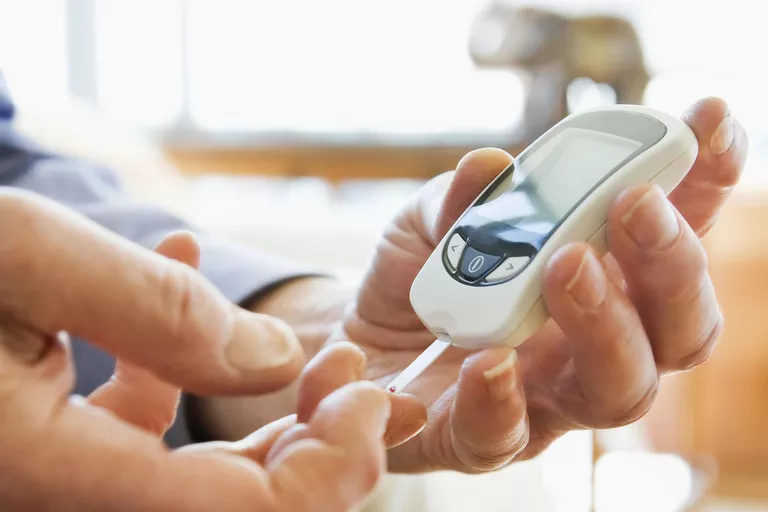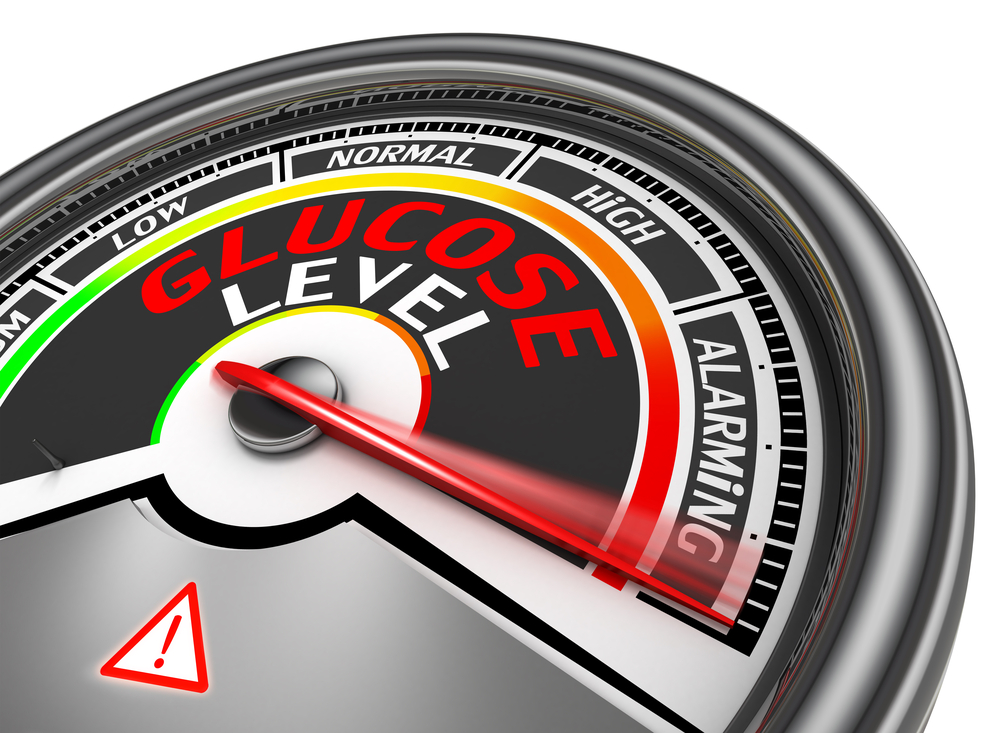Contents:
- Medical Video: A possible new treatment for PTSD
- Get to know PTSD even deeper
- What you can do to help couples overcome PTSD
- 1. Never discuss or bring up the trauma
- 2. Shower her with love and affection
- 3. Be a good listener
- 4. Control yourself
Medical Video: A possible new treatment for PTSD
PTSD is a mental disorder that occurs after a person experiences or witnesses a traumatic event in the past. For example criminal acts, natural disasters, domestic violence, traffic accidents, and sexual violence. If your partner experiences this, what can you do to help him deal with PTSD?
Get to know PTSD even deeper
Not everyone who has past trauma will definitely experience PTSD. But actually, a memory will never be completely erased or forgotten.
In people who are more sensitive, bad memories can burst back to the surface occasionally even though they have been buried deeply. Because the nervous system of the human brain is designed differently, and is also influenced differently by different triggers.
That's why someone who has PTSD is prone to experiencing flashback memories (flashbacks) when triggered by a specific thing that reminds him of the event. In some people, other PTSD symptoms that relapse can also be very debilitating.
However, it does not mean that PTSD cannot be cured. With the support and affection of friends and family, including you, couples can also easily overcome PTSD they experience.
What you can do to help couples overcome PTSD
it's not easy to live together with someone who has PTSD. When a partner has PTSD, you may be confused about how to deal with it. You might also feel angry about what happened to your partner.
But if you feel worse with your partner, then your partner will be even worse off. Therefore, your help or support is very important for your partner to deal with PTSD and continue his life.
1. Never discuss or bring up the trauma
This is the most important principle that you must remember and hold fast to. You have to know what the specific triggers and reaction patterns are when PTSD relapse.
This can be achieved by asking slowly. Don't force him to tell stories. But after knowing the trigger, don't ever openly discuss the trauma or even deliberately bring it up.
PTSD can cause him to experience panic attacks and anxiety attacks as soon as he remembers the traumatic event. Moreover, people with PTSD may also not always be able to realize or control their behavior when Flash back appeared suddenly. This is because their brains are "hijacked" with the instinct to reflexively protect themselves in order to avoid the same events so they don't happen again.
By knowing individuals, objects, places, situations, sounds, or even smells that can trigger PTSD partners, you can help prevent them from getting in touch with these things.
2. Shower her with love and affection
People with PTSD often confine themselves from friends and family as a way to avoid remembering the trauma. Even so, isolation would be vulnerable to make it deliberately remember the past.
Showing love and support for people with PTSD is not always easy. They feel they cannot trust others or even themselves. PTSD can also make him irritable and depressed because he will always see the world as a very dangerous and frightening place.
However, as a good partner and committed to "hard to be happy together", it is important for you to build a sense of trust and security for him. For example, by spending time together every Saturday night as usual, or inviting him to visit other relatives.
Always make sure there are no things that can trigger Flash back the trauma when you both go together
The comfort and relentless support you provide can help him fight feelings of helplessness, sadness, and despair. In fact, trauma experts believe that face-to-face support from others is the most important factor in the recovery process to deal with PTSD.
3. Be a good listener
You must not force your partner to tell you about the trauma of the past or to let him know what the trigger is. However, this does not mean that the communication path between you and you must be completely cut off.
Tell your partner that you are willing to listen when he feels very overwhelmed. Listen to your partner sincerely without cutting the conversation. Especially until judging him or cornering him. Even though it may feel heavy to hear, it's clear that you really care about him. Offer advice when he needs it.
If the couple is not wanting to talk, show care and affection in other ways. For example, offer "services" to just accompanied him and became a place to lean in silently.
4. Control yourself
Just like physical illness, the recovery of mental disorders such as PTSD is a process that takes time. Keep positive thinking and maintain the support you provide for your partner.
You must remain patient and not be provoked by emotions. Stay calm, relax, and focus to calm her down when her PTSD symptoms recur.
In addition, you need to enrich your knowledge about PTSD. The more you know about the symptoms, effects, and available PTSD treatment options, the more skilled you will be to help and understand your partner's condition.












